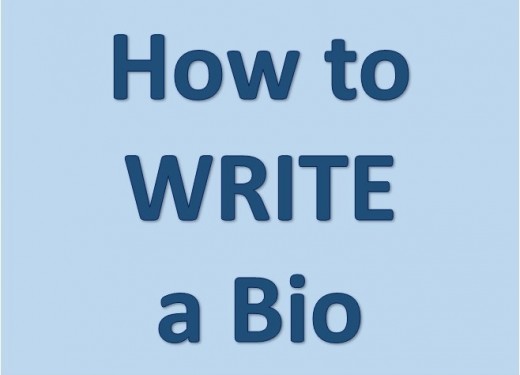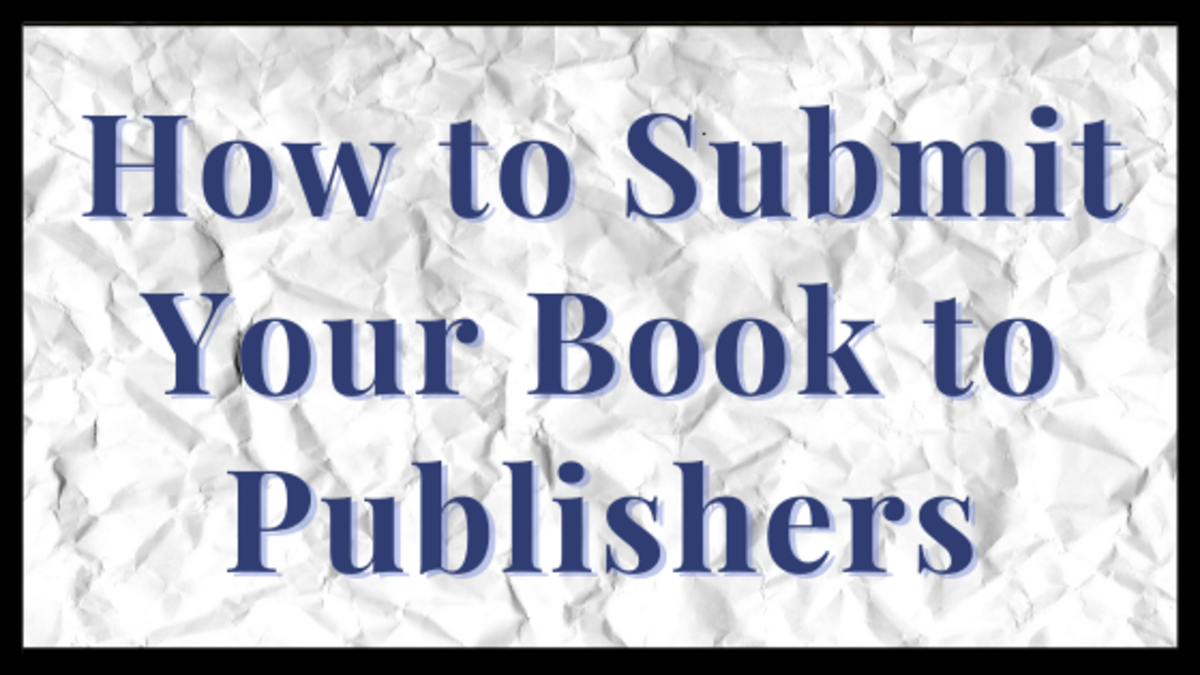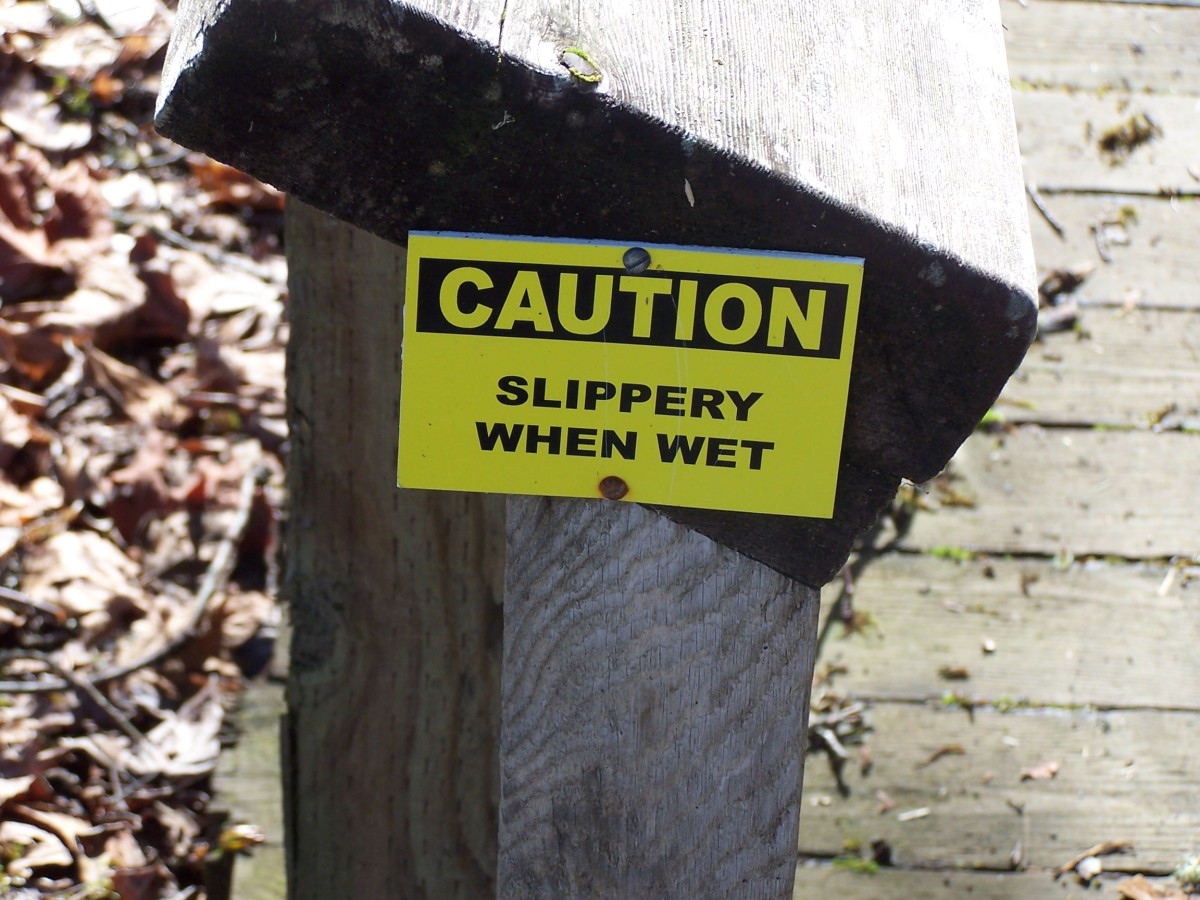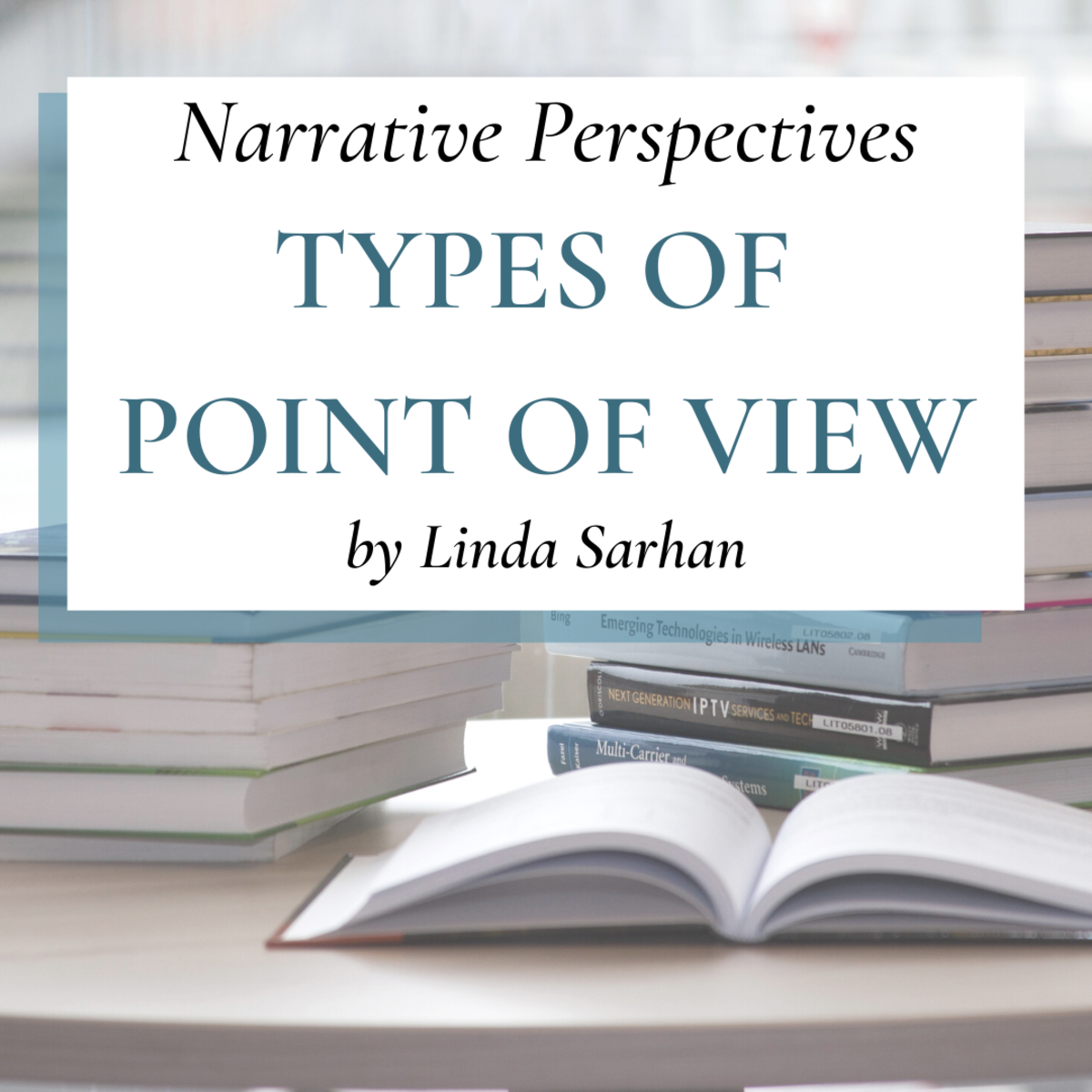Getting the Most from Your Bio

Would you ever write for exposure only?
It’s not uncommon to get paid very little, get paid in copies, or not get paid at all when you’re starting out as a new writer. In some cases, the only payment a writer receives is the chance to advertise themselves and their writer. . Use your words wisely, and you might be surprised what you get out of it. Here are five basics to help you get through it.

First, write in the third person.
It might feel weird if you’ve never done it before, but that’s the way to go. You can write it in first person if it’s more comfortable that way, but then go through and get rid of all those pesky I’s and turn them into she’s (or he’s). For example, instead of saying, “I grew up in New Jersey and the moved to Texas,” say, “She grew up in New Jersey and then moved to Texas.” Minor difference, right? But an important one.

Second, list degrees and jobs only when they’re relevant.
If you have a Ph.D. in quantum physics and you’re writing hard SF, then definitely include it! But if you’ve been working on an Associate’s degree in business and you wrote a story about killer guinea pigs (yes, I wrote that story), then it probably doesn’t matter if you list it or not. The same is true with jobs. If you’ve been working in a grocery store for ten years, it’s probably not that important to tell people. But if you work in a job that is either related to the story or article, then include it so that people can have faith that you know what you’re talking about.

Third, follow the trite advice of being short and sweet.
Unless you know a set length for the publication, make your bio as short as you can. I actually have three different bios that I’ve written for myself. One is around 50 words, one is just under 200 words, and the other is a nice long 350 words. That way I can pick whichever is most appropriate to the publication. I use the 200 word bio as a general submission bio, but if someone asks me for a different length, I’m ready to go. The differences between them are the number of markets I list for previous publications, as well at details about my personal life that I think are fun or important.

Fourth, list previous publications, if you have them.
When you list previous publications, list them in order of prominence. For instance, if your Uncle George published you on his personal website, that isn’t that impressive. (Unless your Uncle George is George Bush, and then run with it!) Don’t list all of your sales unless you only have a few. Otherwise, just pick the highlights. Focus on the ones that you think are the most closely related to the publication you’re submitting to.
If you don’t have any sales, that’s okay, too! Don’t say that you don’t have them, just don’t list anything. The publication will figure it out, but chances are they won’t hold it against you. In fact, it might work in your favor if your work is strong. After all, who doesn’t want to be the one responsible for finding the next big author?

Fifth, link to your website and/or social media sites, if you can.
Make sure to list your website, if you want it to get some advertising. You can also list websites for other places where you’ve been published. Remember, if this is your only payment for your writing, use it. Don’t waste the chance to put up links that might generate you income. This is also a good place to increase your following on Twitter or Facebook or even LinkedIn. Again, though, use your best judgment. If you have a personal blog that is completely unrelated or a Tumblr where you collect obscene historical materials, you might want to skip them.
© 2016 Katherine Sanger








